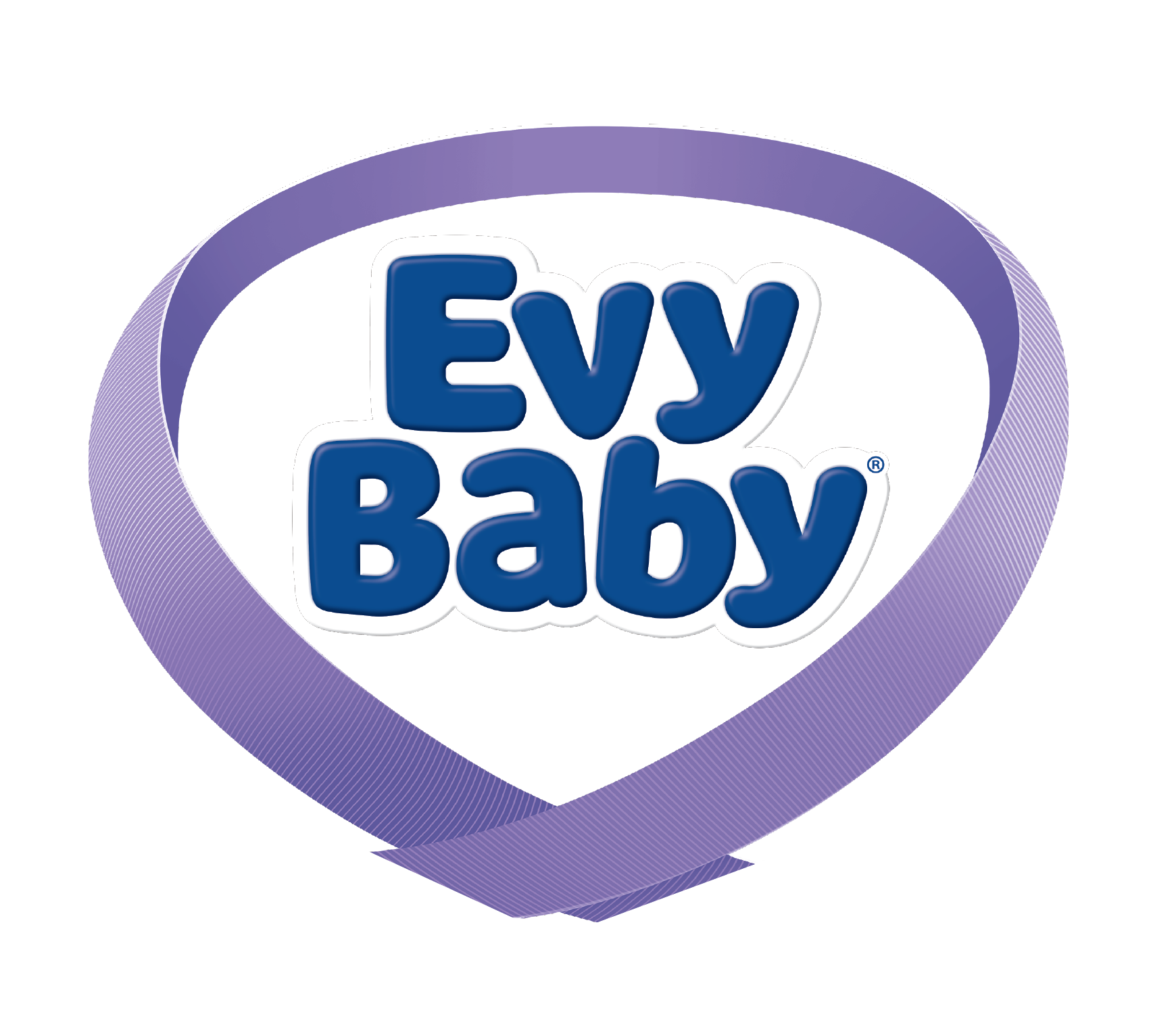

One of the most common allergens in babies is cow's milk allergy. Therefore, we're going to talk about milk allergy for babies on this week's Mom's Land.
The baby's immune system, which is still in its developmental stage, may react to certain proteins found in the cow's milk, especially the beta-lactobamine agent. This is called milk allergy in babies. Although it is usually seen in the first six months, milk allergy that can be seen in babies in the next few months are one of the most common allergies in babies.
Milk allergy in babies is not a cause for concern because the reason why the baby has an allergic reason is that newly developed immune system reacts to such proteins and defend the body. As the baby grows and the immune system evolves over time, milk allergy will pass. During this time, treatment methods should be applied so that the symptoms do not adversely affect the baby.
If the baby is fed with breast milk as well as cow's milk, the proteins may pass on the breast milk or baby may have an allergic reaction to the cow's milk proteins for baby formula includes such proteins.
Every baby's allergic reaction is different; crying a lot, skin rash, gas, weight loss, vomiting, and more. It is important that the mother observes the feeding of the baby and to recognize the cycle.
It is important to consult a doctor when the milk allergy is noticed and the doctor should diagnose the allergy in periods to come under the doctor's supervision. Diagnosis can be made by physical tests and tests made in relation to antibodies produced by the baby's body depending on the family's story and skin tests. The doctor may also diagnose by screening. In this method, the baby is not provided with foods, containing cow's milk for a period of time. It is expected that the symptoms will be disappeared in this process. After the symptoms disappear, cow milk is given again under the supervision of a doctor. If allergic reactions to the baby are observed again, the allergy is confirmed.
Babies who are allergic to cow's milk do not receive allergen food for 12-18 months. Developing their immune system over time, the babies will develop tolerance to cow's milk. As a result, cow's milk can be gradually given to the baby for trial. Each baby's tolerance will be different, and the baby's body must be expected to develop without any compulsion. Children with cow's milk allergies often develop tolerance until the age of three.
The baby can be protected against such allergy by simply avoiding such substances. It is an effective method to read the packaging and avoid allergenic substances in foods eaten by the mother or foods and formula, purchased for the baby.
Sometimes, this allergy can trigger allergies to goat's milk and soymilk, a cross-reaction can occur. In this period, alternative nutrients such as rice milk, coconut milk can be provided to the baby instead of cow's milk.
If the mother's diet affects the child through breastfeeding, adequate calcium intake can be provided under the supervision of a doctor and dietitian.
Breast milk protection is also very important in milk allergy, especially in the first 6 months, it is important that babies are only breastfed and meet with allergen foods as late as possible.